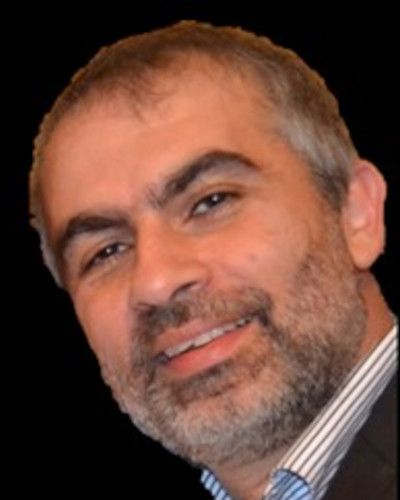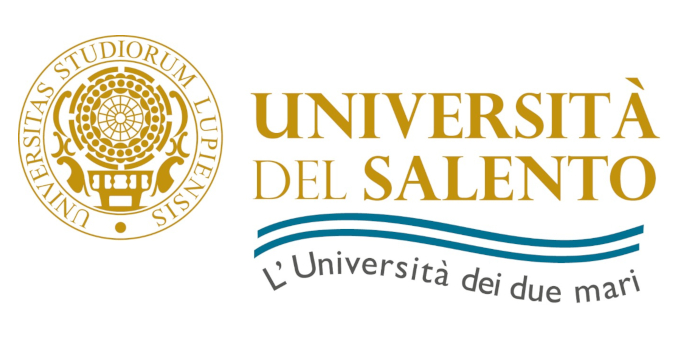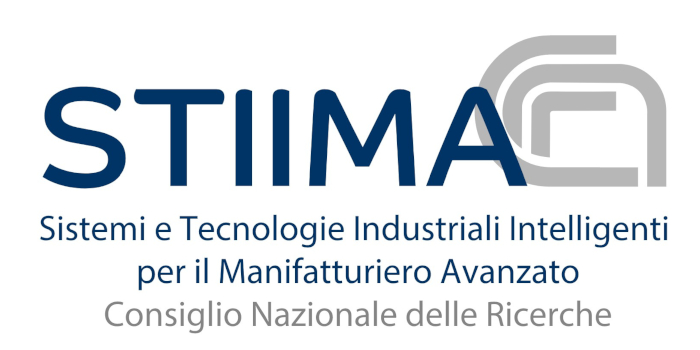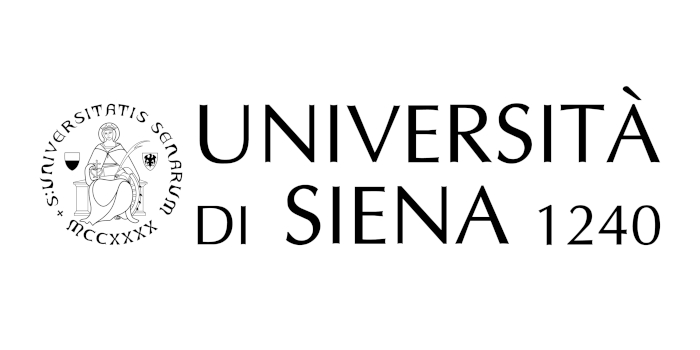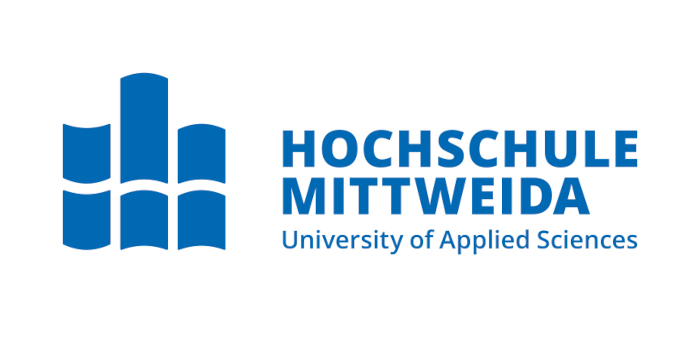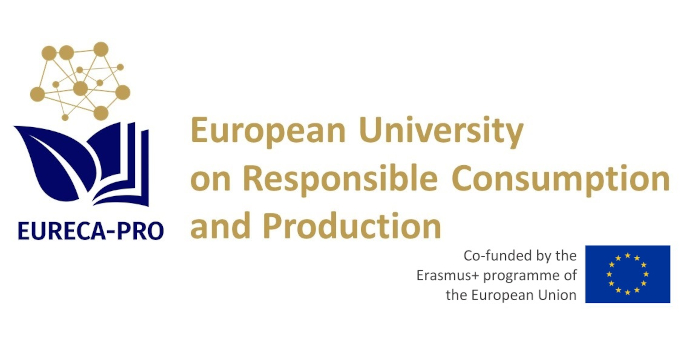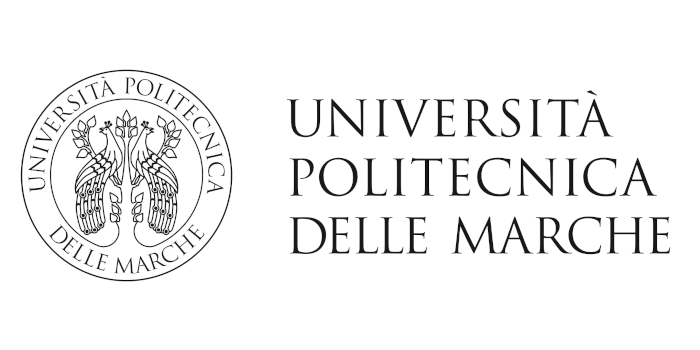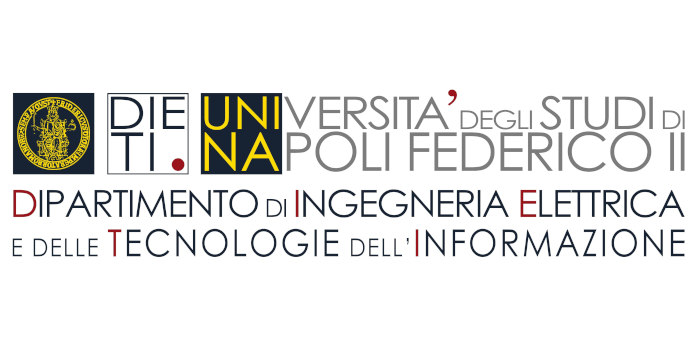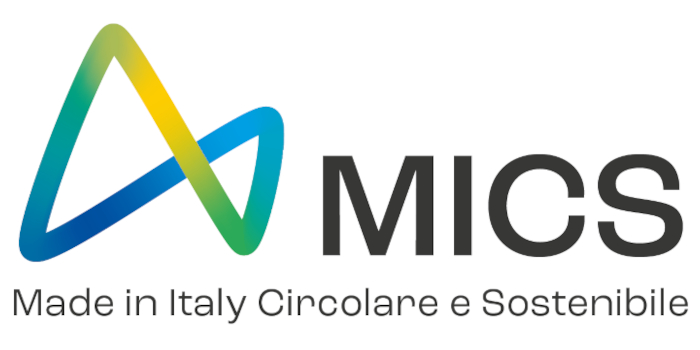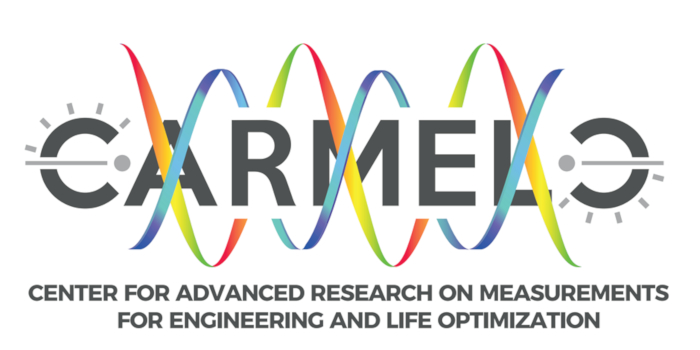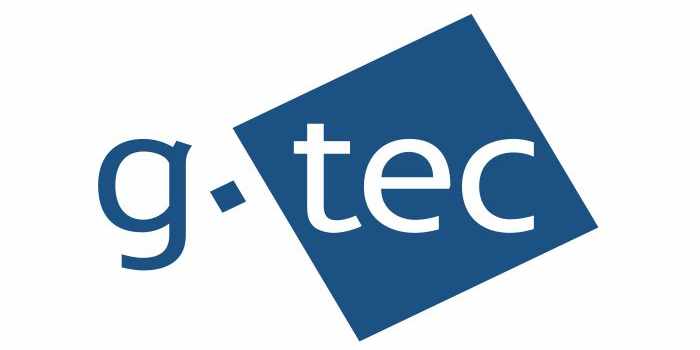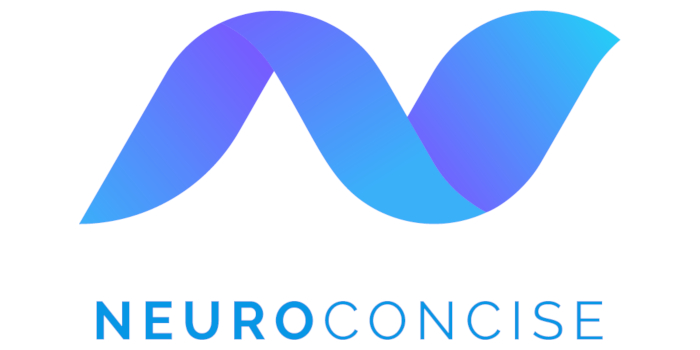SPECIAL SESSION #43
Empowering the Aging Society in the Digital Era
ORGANIZED BY
Saber Sami
University of East Anglia, UK
Salvatore Livatino
University of Hertfordshire, UK
ABSTRACT
The session aims to explore a spectrum of cutting-edge healthcare technologies tailored to the evolving needs of the aging society, with a strong focus on addressing neurodegenerative diseases. The demographic shift towards an older population and the increasing prevalence of conditions like Alzheimer's and Parkinson's underscore the growing demand for innovative solutions to promote healthy aging and manage neurodegeneration. This demand has never been greater.
The session will delve into how a range of technologies such as immersive XR interfaces for remote monitoring, intervention as well as artificial intelligence (AI) that can transform the lives of older adults including those with neurodegenerative diseases to enhance their quality of life and enabling personalised healthcare. It will also focus on facilitating independent living and improving overall well-being.
TOPICS
The list of topics of interest includes (but is not limited to):
- Extended Reality (XR): Immersive technologies such as virtual reality (VR) and augmented reality (AR) for telepresence, positional tracking and tele-Observation, assisted living as well as cognitive training, rehabilitation, and mental health interventions.
- Artificial Intelligence (AI): AI-powered algorithms for predictive analytics, disease diagnosis, progression monitoring, and personalized treatment planning in neurodegenerative diseases.
- Telehealth and Telemedicine: Remote healthcare delivery through video consultations, remote monitoring, and digital health platforms.
- Wearable Health Devices: Smart wearable devices for continuous health monitoring, activity tracking, and vital signs measurement.
- Remote Patient Monitoring Systems: IoT-based systems for remote monitoring of chronic conditions, medication adherence, and early symptom detection.
- Robotics and Automation: Robotic assistance for activities of daily living, mobility support, and social interaction.
- Smart Home Technologies: IoT devices and ambient-assisted living systems for home-based healthcare monitoring, safety, and comfort.
- Assistive Technologies for Daily Living: Adaptive devices and assistive technologies to support independent living and address mobility, vision, and hearing impairments.
- Digital Health Platforms: Integrated digital platforms for electronic health records (EHR), telehealth services, and health information exchange.
- Virtual Reality (VR) Therapy: Therapeutic applications of VR for pain management, cognitive rehabilitation, and mental health treatment in older adults.
- Adaptable User Interface for Remote Observation, Monitoring and Tele-Intervention.
- Artificial Intelligence and Body Perception.
ABOUT THE ORGANIZERS
Saber Sami is an Associate Professor in Dementia Research at the University of East Anglia (UK). He completed his PhD in Biomedical Science and Engineering at the Centre for Sensory-Motor Interaction, Aalborg University, Denmark. Following his doctoral work he held positions at Aalborg University in Denmark, the University of Birmingham, and the University of Cambridge in the UK. His research approach is characterised by its interdisciplinary nature, combining cutting-edge techniques like multi-modal imaging, behavioural analysis, computational modelling and artificial intelligence (AI). His integrative approach has contributed to the ongoing progress in diagnosing and developing personalised treatment strategies for mental health disorders and neurodegenerative conditions.
Salvatore Livatino is Reader in Virtual Reality and Robotics (Associate Professor) at the University of Hertfordshire, United Kingdom. MSc in Computer Science from University of Pisa, Italy ('93), PhD in Computer Science and Engineering from Aalborg University, Denmark ('03). He was researcher at the Sant'Anna School of Advanced Studies, Pisa ('93-'97), University of Leeds, UK ('95), INRIA Grenoble, France ('96), University of Edinburgh, UK ('01). He worked 12 years at Aalborg University, Denmark, first as Research Fellow, then Assistant and Associate Professor. His research interests are in: (a) the development of immersive technology, with focus on photo-based VR and three-dimensional and true-dimensional visualization; and (b) the assessment of extended reality (XR) user-interface solutions for tele-exploration, tele-operation and command and control, with focus on action monitoring and decision-making. He is the author of several journal and conference papers and contributed to several European projects and UK grants. His teaching experience includes problem-based learning and multidisciplinary educations.



